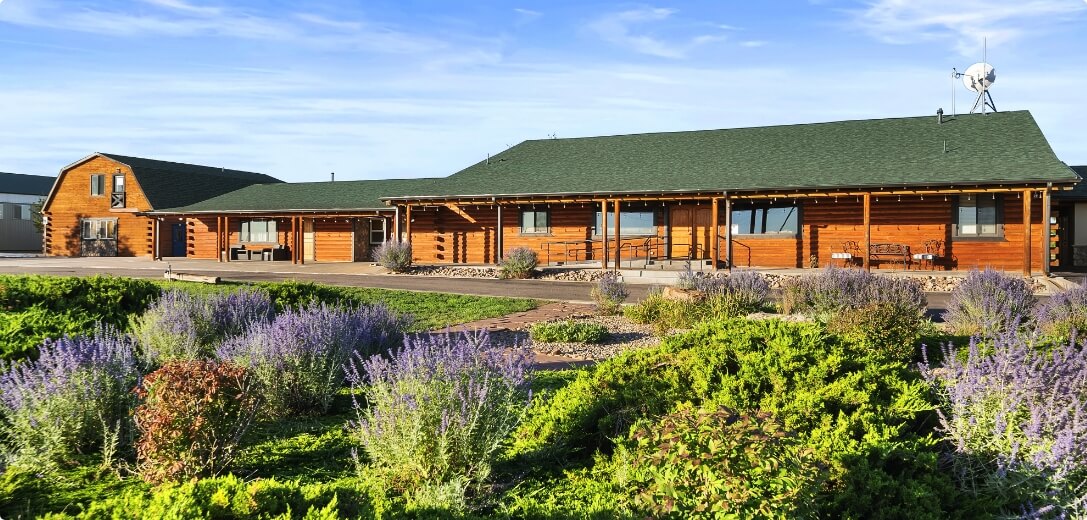
You can’t stand feeling helpless. Your child, spouse or sibling is in outpatient treatment for alcohol or drug addiction and all you want to do is make the recovery process easier for them. But you’ve never struggled with addiction before, so it’s difficult to know what your loved one is going through. And you aren’t a therapist or doctor who would know the right words to say or be able to prescribe medication.
So, as someone on the sidelines watching your loved one struggle through outpatient treatment, what are you to do?
Luckily, you don’t need to be a therapist or doctor to help your loved one through treatment and recovery. In fact, you play a significant role for your loved one that a therapist or doctor can’t fill: You’re their support system when treatment ends.
And as their support system, there’s an endless list of ways you can support your recovering loved one as they make their way through intensive outpatient treatment (IOP). Let’s explore 5 of those ways, so you can take a more active role in your loved one’s recovery.
Supporting an Addict in IOP
1. Educate Yourself about Addiction and Dual Diagnosis Disorders
Knowledge is power. And the more you know about your loved one’s addiction and mental health, the better positioned you’ll be to support them as they go through treatment and work to maintain their sobriety. For example, maybe your loved one has struggled with alcoholism and depression. Reading up on this dual diagnosis disorder can teach you about the triggers and symptoms of this disease and identify signs of relapse before it’s too late.
Not sure where to start your research? Our blog covers all sorts of topics related to substance abuse and how to help. We also offer additional resources that can give you even more information about how to help a loved one struggling with addiction.
2. Be Someone Your Loved One Can Openly Talk to
One benefit of educating yourself about addiction is you learn that substance abuse is a disease, just like diabetes and heart disease. You wouldn’t judge or shame someone for struggling with heart disease, so why should addiction be any different? Understanding what addiction is and why so many people struggle with it can help prevent you from judging your loved one. This puts you in a position to be someone your loved one can trust and count on when they struggle with cravings or feel anxious or depressed.
3. Help Your Loved One Meal Prep and Eat Healthy
An important part of your loved one’s treatment and recovery is eating healthy foods. Proper nutrition has been shown to repair the gut after addiction, stimulate new production of feel-good chemicals like serotonin and dopamine, and maintain balanced blood sugar levels.
Your loved one will learn all about this and the pro-recovery diet in IOP, but you can support them by adopting this nutrition approach, too. With an outpatient approach, you have the power to help guide your loved one through recovery by setting an example to follow.
When your loved one is home on the weekends and when they’re back to their usual schedule after treatment, help them meal prep, cook meals with them and encourage them to avoid fast food chains that don’t support the pro-recovery diet.
4. Exercise with Your Loved One
Besides nutrition, exercise is another important aspect of your loved one’s treatment and recovery because physical activity strengthens the body and releases another feel-good chemical called endorphins. But exercise can be difficult to follow through on if your loved one has a busy schedule or can’t seem to motivate themselves. So, be the motivation they need by going to the gym with them, signing up for a spinning class together or scheduling weekly dates to go hiking.
5. Attend Therapy Sessions and Alumni Events with Your Loved One
And finally, be an active participant in your loved one’s actual therapy sessions. At The Raleigh House, we offer family therapy and education where you can work with your loved one to heal your family from the damage caused by addiction. We also do weekend events at our wellness-lodge called The Ranch, where alumni come together to have fun and support each other. Attending these events with your loved one will show them that you believe in their recovery and are with them every step of the way.
Help Your Loved One Recover from Addiction at The Raleigh House
Your child, spouse or sibling is going through something that you may never fully understand. But educating yourself and being there for them during this time can give your loved one the extra support they need to beat their addiction.
If you’re ready to learn more, we’re here to answer any questions you may have about our treatment approach or outpatient treatment program. Fill out our form or contact us today to get in touch with one of our friendly team members.
Related Articles
How to Support a Recovering Addict after Addiction Rehab
A Day in the Life of a Drug Addict: What Your Loved One Goes Through
Why is My Loved One Using Drugs?

